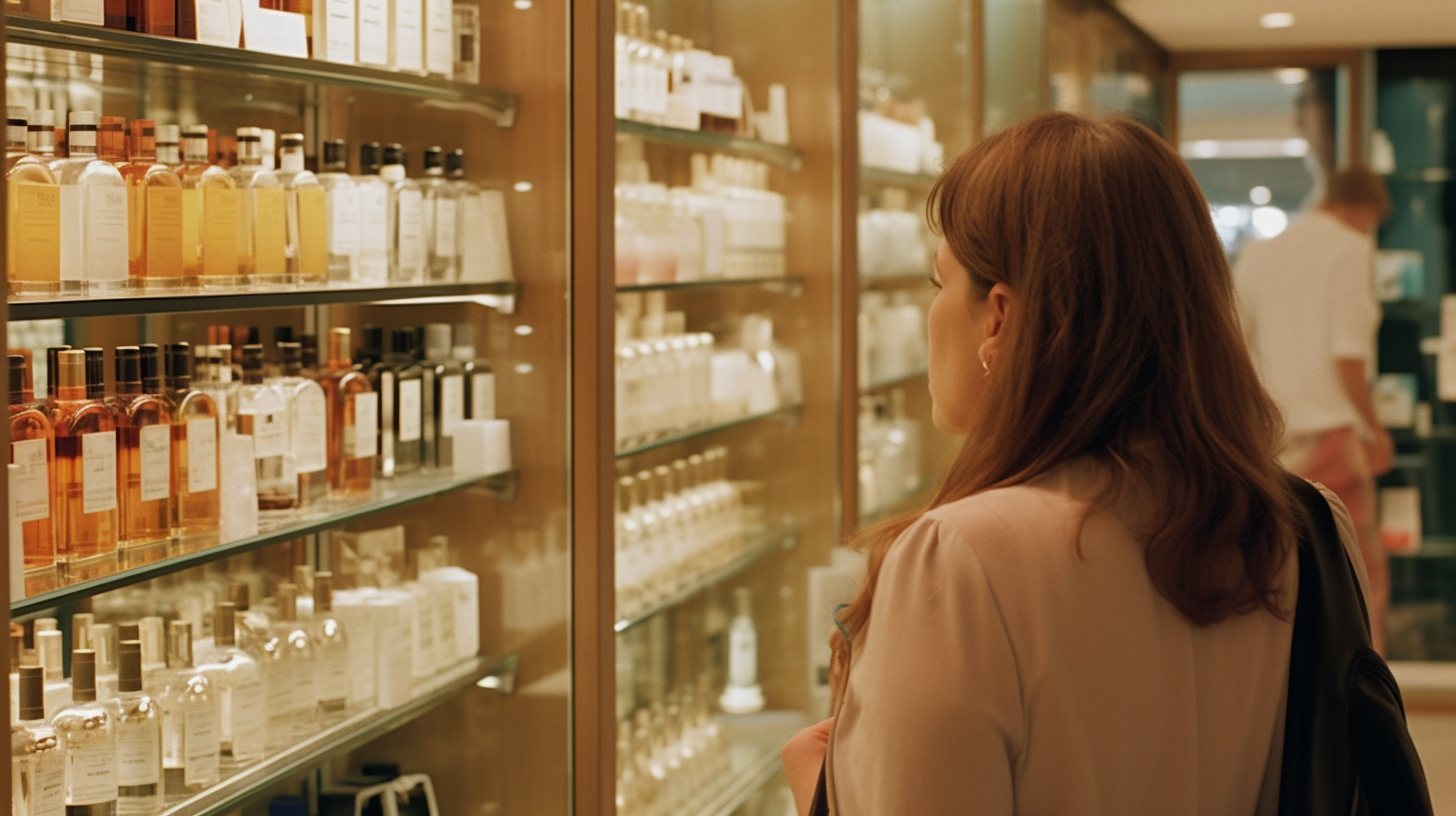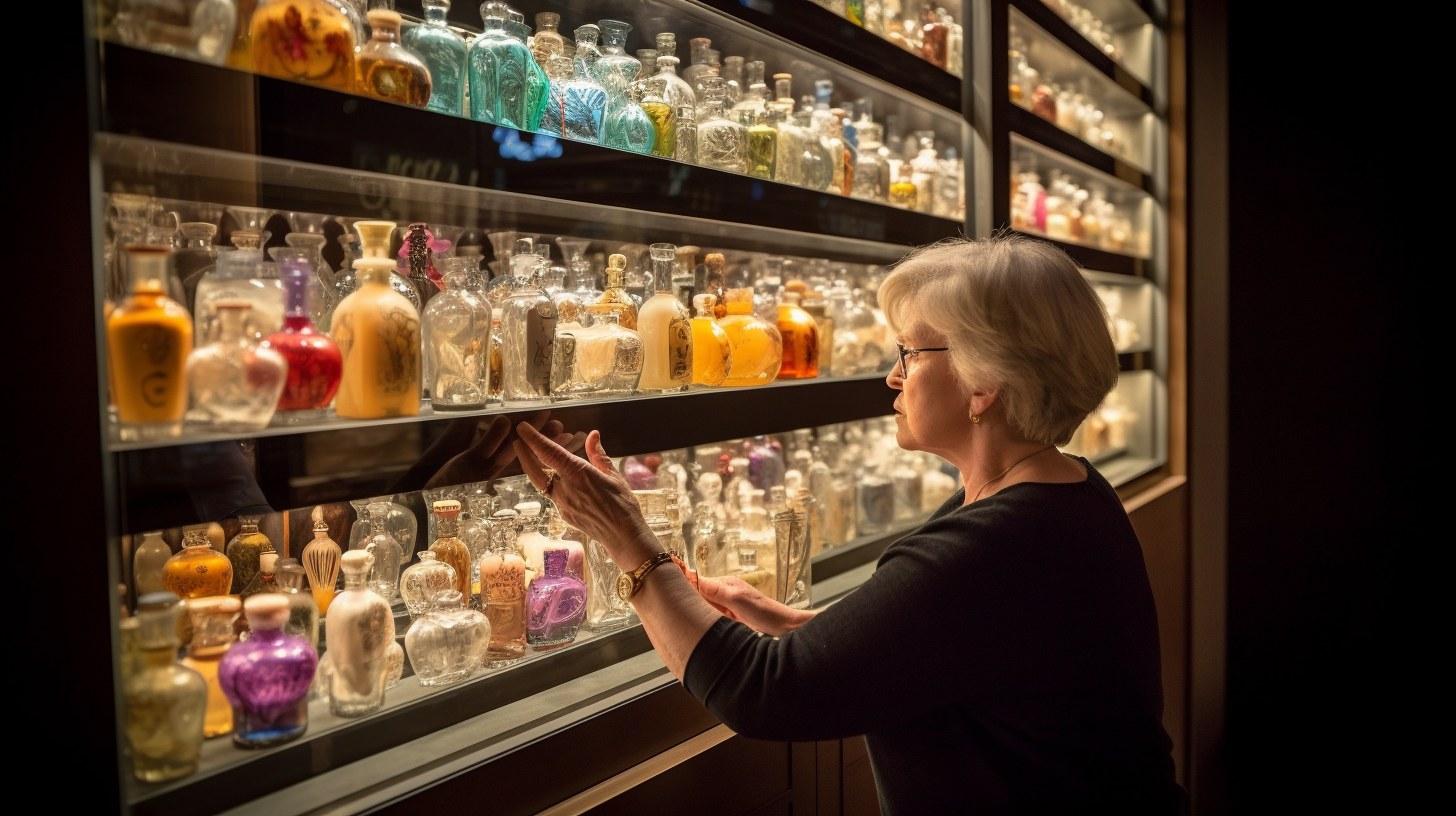Discover Effective Ways to Avoid Harmful Fragrance Ingredients
Have you ever experienced a headache, skin irritation, or allergic reaction after using a particular product? If so, it’s possible that the fragrance ingredients in that product are to blame. Fragrances are commonly used in personal care and household products to enhance their scent and make them more appealing. However, many of these fragrances contain harmful chemicals that can have adverse effects on our health and the environment.
The Problem with Fragrance Ingredients
Fragrance ingredients are often listed as “parfum” or “fragrance” on product labels, making it difficult for consumers to know exactly what they’re being exposed to. The truth is that many fragrance ingredients have been linked to various health concerns, ranging from skin irritation and allergies to respiratory problems and even cancer.
Some of the most common harmful fragrance ingredients include:
- Phthalates: These chemicals are often used as plasticizers in fragrances and have been linked to hormonal disruptions and reproductive problems.
- Synthetic musks: These compounds can accumulate in our bodies over time and have been found in breast milk, blood, and fat tissue. They have also been linked to hormone disruption and environmental pollution.
- Volatile organic compounds (VOCs): These chemicals can contribute to indoor air pollution and have been linked to respiratory problems such as asthma.
Given these potential risks, many people are looking for ways to avoid fragrance ingredients altogether. However, this can be challenging given how ubiquitous these ingredients are in our daily lives.
The Benefits of Avoiding Harmful Fragrance Ingredients
While it may be difficult to avoid fragrance ingredients entirely, there are many benefits associated with reducing our exposure to them:
- Better skin health: Fragrances can be a common trigger for skin irritation and allergies. By avoiding them, we can reduce our risk of developing these types of skin problems.
- Better respiratory health: VOCs found in fragrances can contribute to indoor air pollution and exacerbate respiratory problems such as asthma. Reducing our exposure to these chemicals can improve our overall respiratory health.
- Better environmental health: Many fragrance ingredients are not biodegradable and can contribute to environmental pollution. By avoiding these ingredients, we can reduce our impact on the environment.
How to Avoid Harmful Fragrance Ingredients
So, how can we avoid harmful fragrance ingredients? Here are some practical tips:
Read Product Labels Carefully
When shopping for personal care or household products, read the labels carefully and look for products that are labeled “fragrance-free” or “unscented.” These products may still contain some fragrances, but they will not have added synthetic fragrances that could be harmful.
Choose Natural Fragrances
If you still want to use scented products, look for those that use natural fragrances such as essential oils. These fragrances are derived from plants and do not contain the harmful chemicals found in synthetic fragrances.
Avoid Synthetic Musks
If you see “musk” listed on a product label, it’s likely a synthetic musk. Look for alternatives that use natural musks such as ambrette seed oil or patchouli oil.
Avoid Phthalates
Phthalates are often used in fragrances to make them last longer. Look for products that explicitly state they are phthalate-free or avoid using scented products altogether when possible.
Make Your Own Products
If you’re feeling adventurous, consider making your own personal care or household products using natural ingredients and essential oils. This way, you can control exactly what goes into your products and avoid any harmful fragrance ingredients.
Conclusion
Avoiding harmful fragrance ingredients may seem daunting, but it’s an important step towards protecting our health and the environment. By reading product labels carefully, choosing natural fragrances, and avoiding specific harmful chemicals such as phthalates and synthetic musks, we can reduce our exposure to these potentially dangerous ingredients. Making your own products is also a great way to ensure that you’re using only safe and natural ingredients. With these tips in mind, you can make informed choices about the products you use and reduce your risk of exposure to harmful fragrance ingredients.




